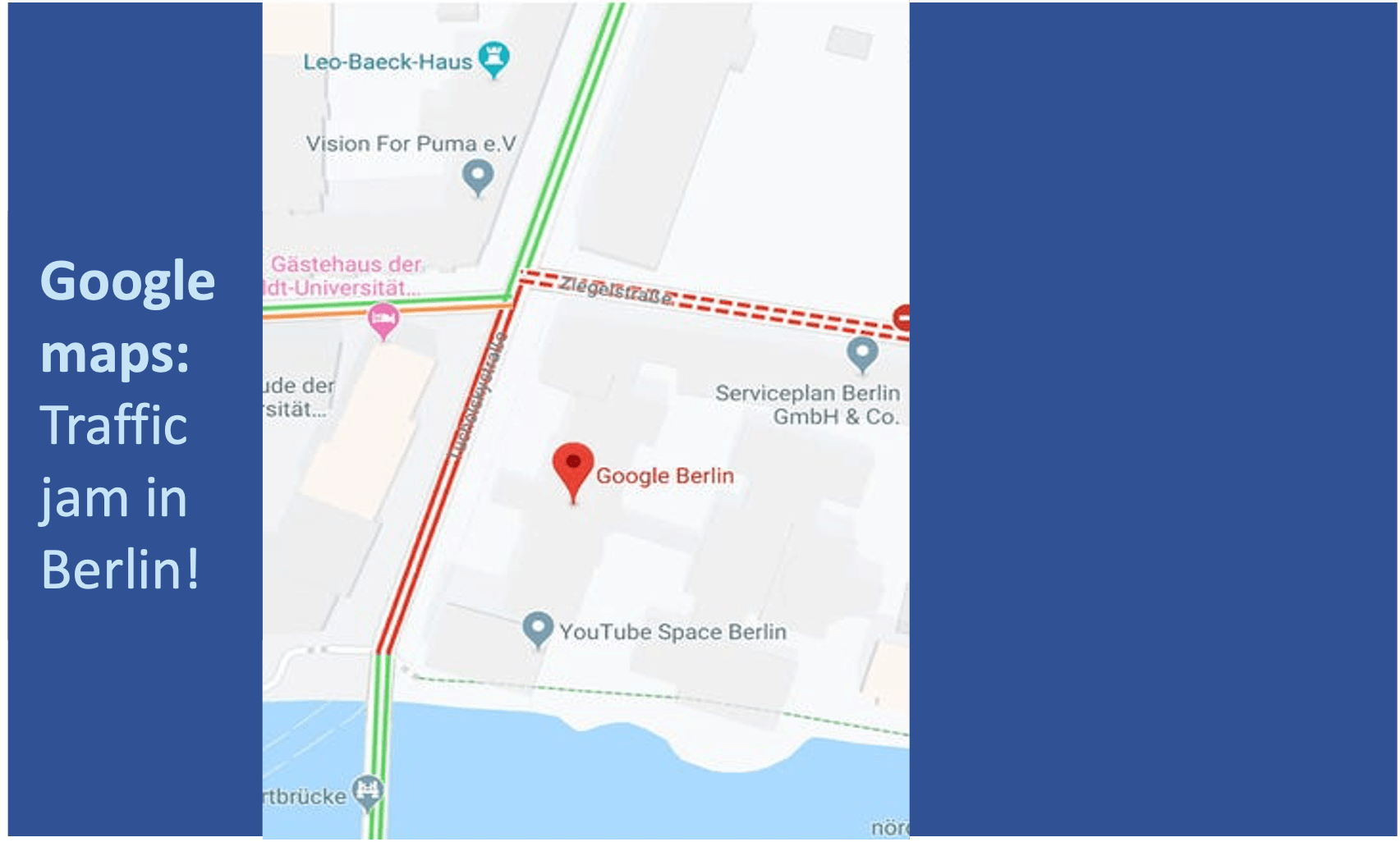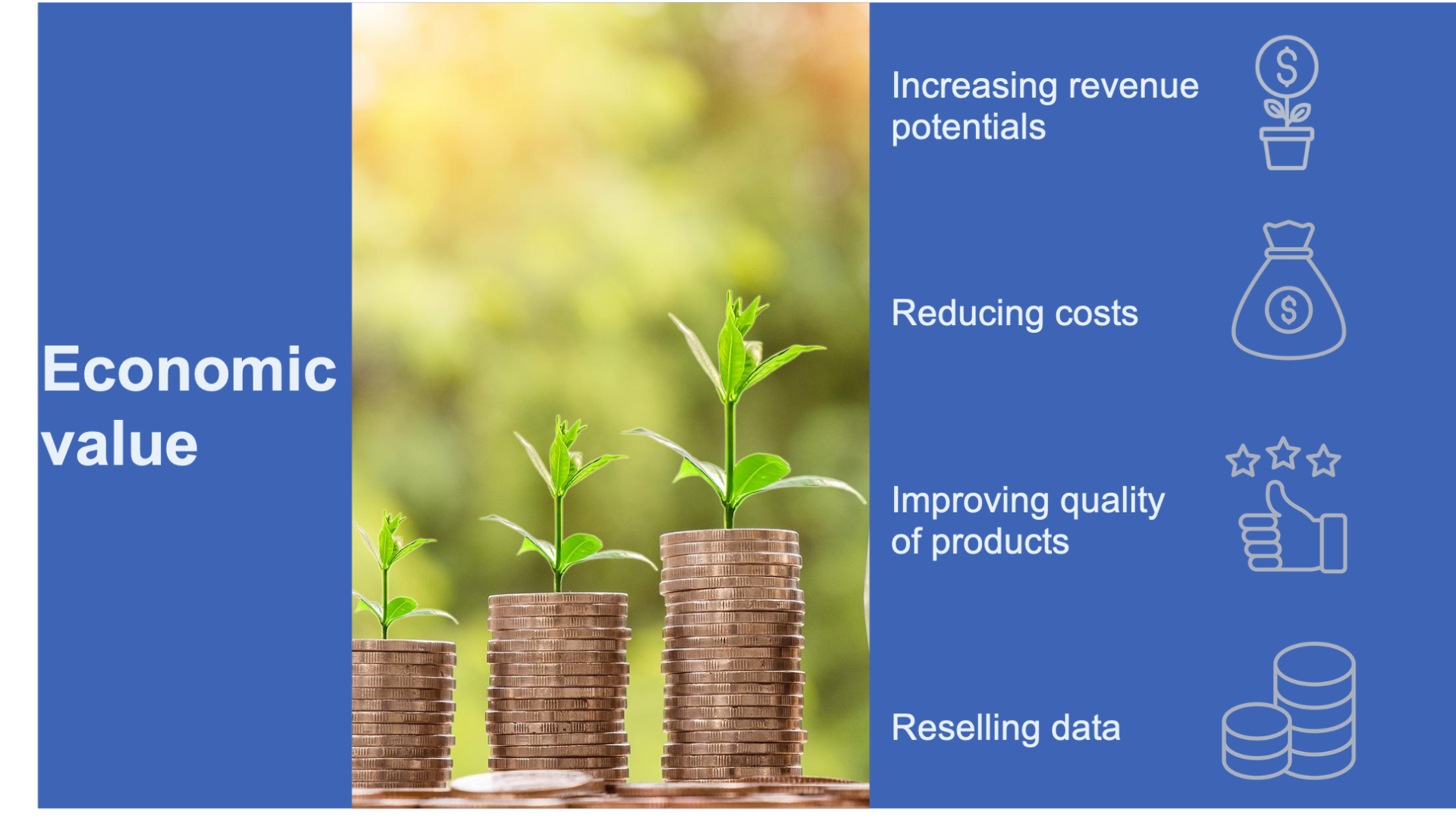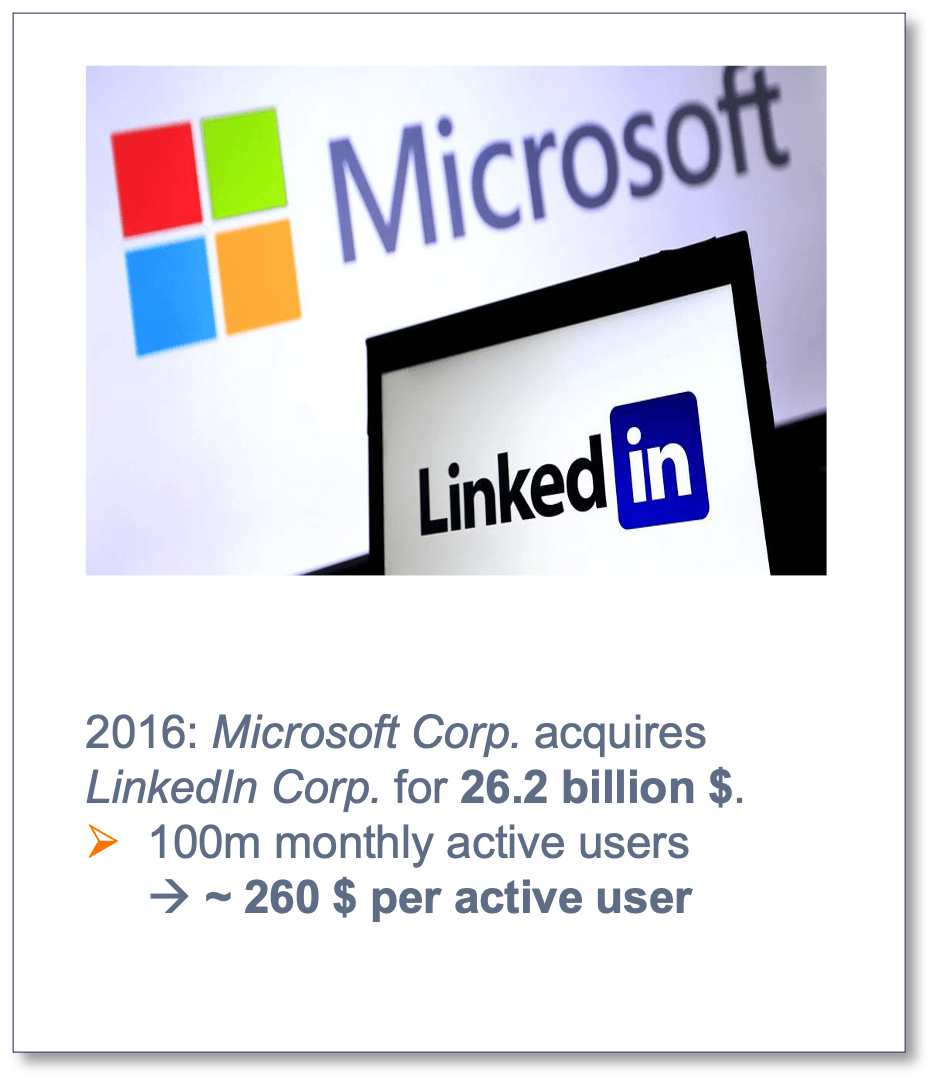WHY DQ
- the definition
Data is a fact (latin: factum, greek: πράγματα – created). Fact is a social agreement on an idea, as a reference to other (subjective) ideas. Data / facts have validity and call for verification.
Quality in evaluative sense is a collection of traits & properties that disguise beings & things (states and processes) and that is valued / measured. This evaluative type of quality definition anticipates the question of Why DQ. Quality in neutral sense is raised by What is DQ.
Next sections will exemplify Why doing DQ and emphasize which DQ components (capabilities + sources) will have crucial impact on business success. The final section will expose the key message of DQ efforts and confirm the definition.
WHY DQ
- fiction and reality
Berlin-based artist Simon Weckert managed to create a traffic jam with nothing but a handcart and 99 second-hand phones. But one other thing was unusual about the jam: it only existed on Google Maps, but not in Real World RW.
This prominent, but fictional exception attributes DQ imperfectness, ascribing DQ almost human traits.
- DQ seemingly cannot uncover manipulated data collections.
- But it also demonstrates that it already needs artistical absurdity to bring data discovery to its limits.
- It also shows that profound skepticism about data collections is needed to make evidence of RW. And skepticism is core of DQ.
- DQ's mission is to run plausibility checks on data collections and making data valid for further consumptions.


Skepticism enforces Real World and provides reasonable Decisions
WHY DQ
- values
Economic values are only as useful and meaningful as they are based on DQ improvement lifecycles. DQ lifecycles are principles, work instructions, user journeys, etc.
Principles and work instructions can contribute to better cooperations between data consumers.
Principles provide data consumers with good vocabulary and syntax, while work instructions can guide data consumers to better collaborations. Both can leverage cooperations to joint knowledge, just by small integrative solutions.
Good DQ principles change communities from pure data consumers to data citizens, actively contributing to advanced data cultures - upgrading “endurers” to creators.


DQ significantly contributes to robust economic statements of conjointly practicing teams
WHY DQ
- trust and transparency

DQ enables trust in economic figures, and transparency in processes & financial health.

Data trust and transparency are key for successful transactions and business traffics on markets.

WHY DQ
- the key messages
DQ critically impacts the value of data as an asset.
DQ is causal for incremental improvements of everyone’s life – with private, social and environmental impact.
DQ starts with a process of 2 directions of consciousness:
- WHAT (A look-of-it-self) ~ concept
- HOW (A look-in-it-self) ~ process
From the psychological perspective of consciousness HOW and WHAT are generated by a mental process of distinction (WHAT) and mutual acknowledgement (HOW). Intuitional & Intentional WHY then becomes the function of an intermediary that tries to restrain the tension between Generative HOW and Evolutional WHAT through incremental learning (reproduction). Simon Sinek and other psychologists attach Intutional and Intentional WHY the highest importance to succeed in business and life. The queue Intuitional & Intentional WHY --> Generative HOW --> Evolutional WHAT becomes key to experience and to share.
From metaphysical perspective of onto•logy, the Intentional WHY is the verification for physical (HOW) and mental (WHAT) actions. Intentional WHY is the kit for the complementarity of HOW and WHAT. In practice Intentional WHY comes after HOW and before WHAT. According to Simon Sinek the Intuitional WHY should be always processed at the beginning of any action – but intentional cannot. Else it would turn humans to gods, knowing everything about the HOW and the WHAT prior. Instead, philosophers recommend to attach Intentional HOW highest priority and to approach the important WHAT through experimental verification (Intentional WHY). Intentional WHY stabilizes the process HOW --> WHY --> WHAT.
Philosophers do not disagree on the process of conscious-ness, that was originally defended by the philosopher
G.W.F. Hegel, rather they would amend the intentional WHY.
A reconceiling process of consciousness can be sketched by Intuitional & Intentional WHY --> Generative HOW --> Intentional WHY --> Evolutional WHAT.
What psychology and philosophy have in common is that both types of WHY are shaped through incremental learning. This learning generates a common sense of ideas, rules, and values - a (pre)requisite for robust corporate data cultures, finally refined by DQ. This culture is expressed by practiced acts of reproduction (in language, physics, and environment).
This webpage will argue primarily from onto•logical perspective of an intentional WHY, also mentioning the psychological position, but definitely not mix both in one argument.